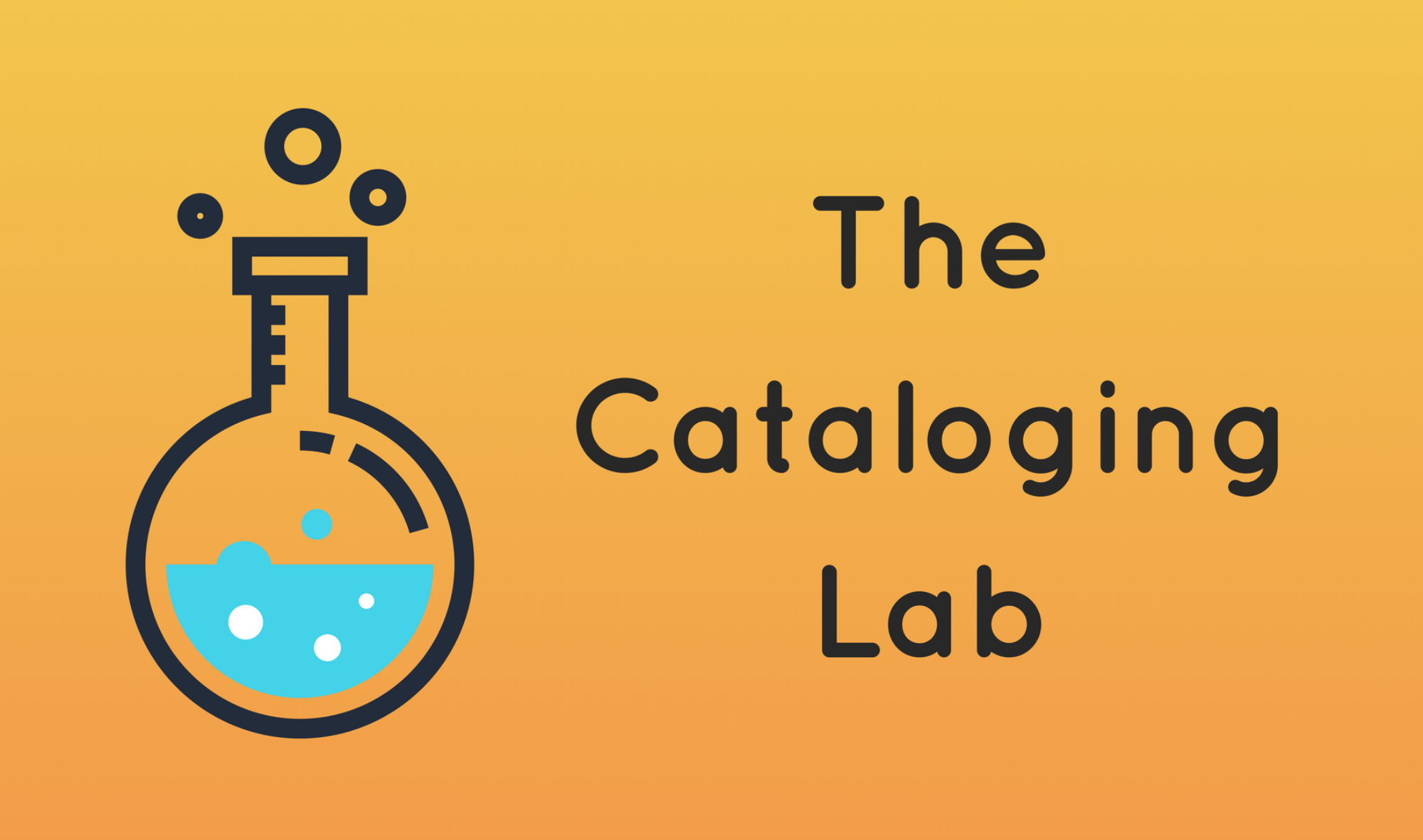Critcatenate is an effort to keep folks up to date on critcat efforts with a monthly-ish roundup of news. Critcat is short for critical cataloging, focusing on the ethical implications of library metadata, cataloging, and classification practice, standards, and infrastructure.
#critcat in August 2024:
- Call for volunteers: PCC (Program for Cooperative Cataloging) Advisory Committee on Equity, Diversity, Inclusion, Belonging, and Accessibility. It sounds boring, but we’ve been able to do some cool stuff (a position statement on privacy, starting a new group for Indigenous-related metadata, etc.) and I could use some co-conspirators on the committee! Volunteer for this or other committees at the PCC Question, Feedback and Volunteer Form
- New grant funding awarded: $400,000 IMLS grant was awarded for work studying terminology in cataloging related to the LGBTQ+ community and the Inclusive Catalog Use Lab, created by Brian Dobreski, Heather Moulaison-Sandy, and Karen Snow
- New article: From Gatekeepers to Facilitators: Transforming Metadata for Equitable Knowledge Access by Demetrius Currington, Laura Farley, Robert LaRose, and Maya Thompson, published in the Journal of Radical Librarianship. “The People’s Archive, the local history department of the DC Public Library set out to revise our metadata practices for digital collections to prioritize inclusivity and findability in our collections.”
- New article: Bridging Cultures: The Role of Cataloging to Find Connection
by Russell Michalak, Pedro Maia de Oliveira, Devon Ellixson, published in College & Research Libraries News. Describes an EDI-focused recataloging project at the Goldey-Beacom College Hirons Library, initiated by a student-led collection development effort. - New-ish book chapter: A Visual Workflow for Cataloging by Arden Kirkland and Minor Gordon, published in the book Universal Design for Learning in Academic Libraries: Theory into Practice. Describes the work of the Syracuse digital collections team to create a tool to improve the tools and processes of cataloging, aiming to “provide accommodations to catalogers who have formally disclosed disabilities as well as make the cataloging process more comfortable and productive for all, including those who may have invisible, undisclosed, or temporary disabilities, those who are new to the process, and those who have been doing it for years.”
- New conference proceedings: proceedings of the Metadata Justice in Oklahoma Libraries & Archives Symposium are now available
- New recording: Improving Access to Indigenous Collections Through Classification and Metadata, August 2024 webinar hosted by NASIG, with these presentations:
- Ka Wai Hāpai: Creating Indigenous Knowledge Organization in Hawai’i by Margaret Joyce
- Improving Access to Indigenous Collections Through Classification and Metadata at Kwantlen Polytechnic University Library by Cleire Lauron
- University of Toronto: Indigenous Metadata Work by Jordan Pedersen and Juliya Borie
- New recording: Reparative Redescription and Metadata Migration at the University of Virginia’s Albert and Shirley Small Special Collections by Katie Rojas, part of the ArchivesSpace 2024 Member Forum
- New recording: Revitalizing Access: Enhancing Metadata for Inclusive Video Resources by Kristi Bergland and Mary Huismann, a lightning talk presented at MOUG 2024 (Music OCLC Users Group)
- New recording: Reparative Archival Description: The Past, Present, and Future, an April 2024 panel discussion hosted by Yale University Library’s Reparative Archival Description (RAD) working group, presented by Alexis Antracoli, Jackie Dean, Krista McCracken, Jessica Tai, Alison Clemens
- New recording: 2024 Somit Preservation Intern Project Presentation, focusing on the work done by University of Chicago Library interns Elliot Galvis and Amina Malik did to prepare the Hanna Papanek Photograph Collection for digital publication. Includes discussion of the development of a decision tree and collection statements to address ethical and privacy issues connected with making the collection public online.
- New article: Indexing the Information Age by Monica Westin in American Scientist, describing the adoption of Dublin Core and the increasing reliance on corporate-owned, closed-source standards for metadata on the web
I’m putting things about generative AI in their own section, because it bums me out that you’re all blithely moving forward with using these planet-killing hallucination machines that disregard intellectual property and populate bullshit based on the bigotries of the past.
The psychic-damage-by-AI section:
- New recording available: Experiments with a CustomGPT for Metadata Remediation discussing a project named the Inclusive Metadata Assistant, hosted by the From the Page platform
- New tool: Marriott Reparative Metadata Assessment Tool (MaRMAT), a Python application designed for auditing collections metadata files against a lexicon of potentially problematic terms; code developed by Kaylee Alexander in collaboration with ChatGPT 3.5, Rachel Wittmann, and Anna Neatrour at the University of Utah’s J. Willard Marriot Library
- New statement: AI Metadata Enrichment for Libraries from ExLibris discussing their “AI Metadata Assistant plans” promising to “conform to ethical considerations”
Upcoming:
- Thursday Sept 12: Bibliopolítica Celebratory Launch Event (online). At the intersection of Chicana/o/x Studies, Digital Humanities and Library History, Bibliopolítica: A Digital History of the Chicano Studies Library chronicles the history of one of the first Chicana/o/x collections, the Chicano Studies Library at the University of California, Berkeley. The library was the creation point for the Chicano Thesaurus, first published in 1979
- Tuesday Sept 17–Wednesday Sept 18: 2024 NISO Plus Global/Online conference. Multiple critcat-related sessions, including:
- Diverse, Equitable, Inclusive, and Open: Insights from a New Metadata Handbook, presented by Heather M. Campbell and Harriet Wintermute
- Author Identity and Name Changes in Scholarly Publications: Ethics, Logistics, Impact, presented by Tilla Edmunds, Julie Zhu, Bri Watson
- Friday Oct 18–Saturday Oct 19: Reparative Description Workflows. Workshop presented as the Midwest Archives Conference (MAC) Fall Symposium, workshop facilitated by Stephanie M. Luke and Kristen Whitson. In person at Augustana College, Rock Island, Illinois
Please let me know if there’s anything else coming up or I’ve missed anything!
